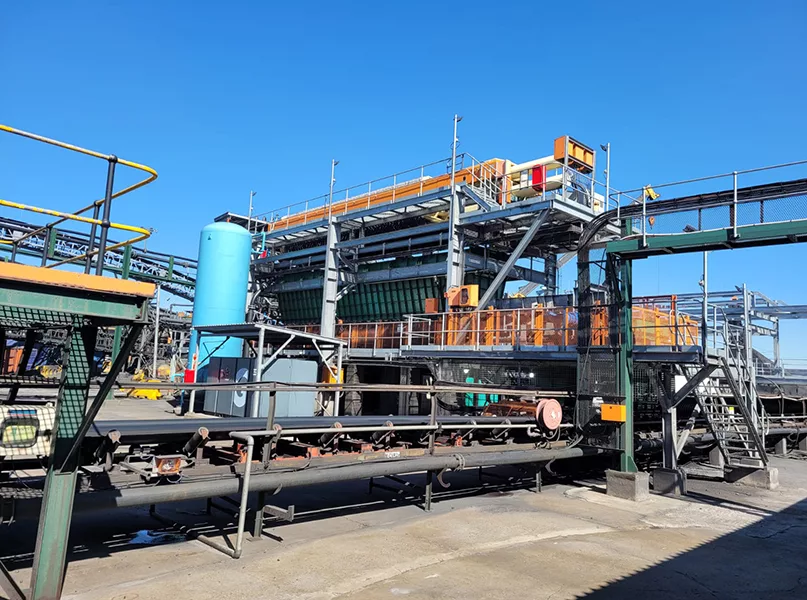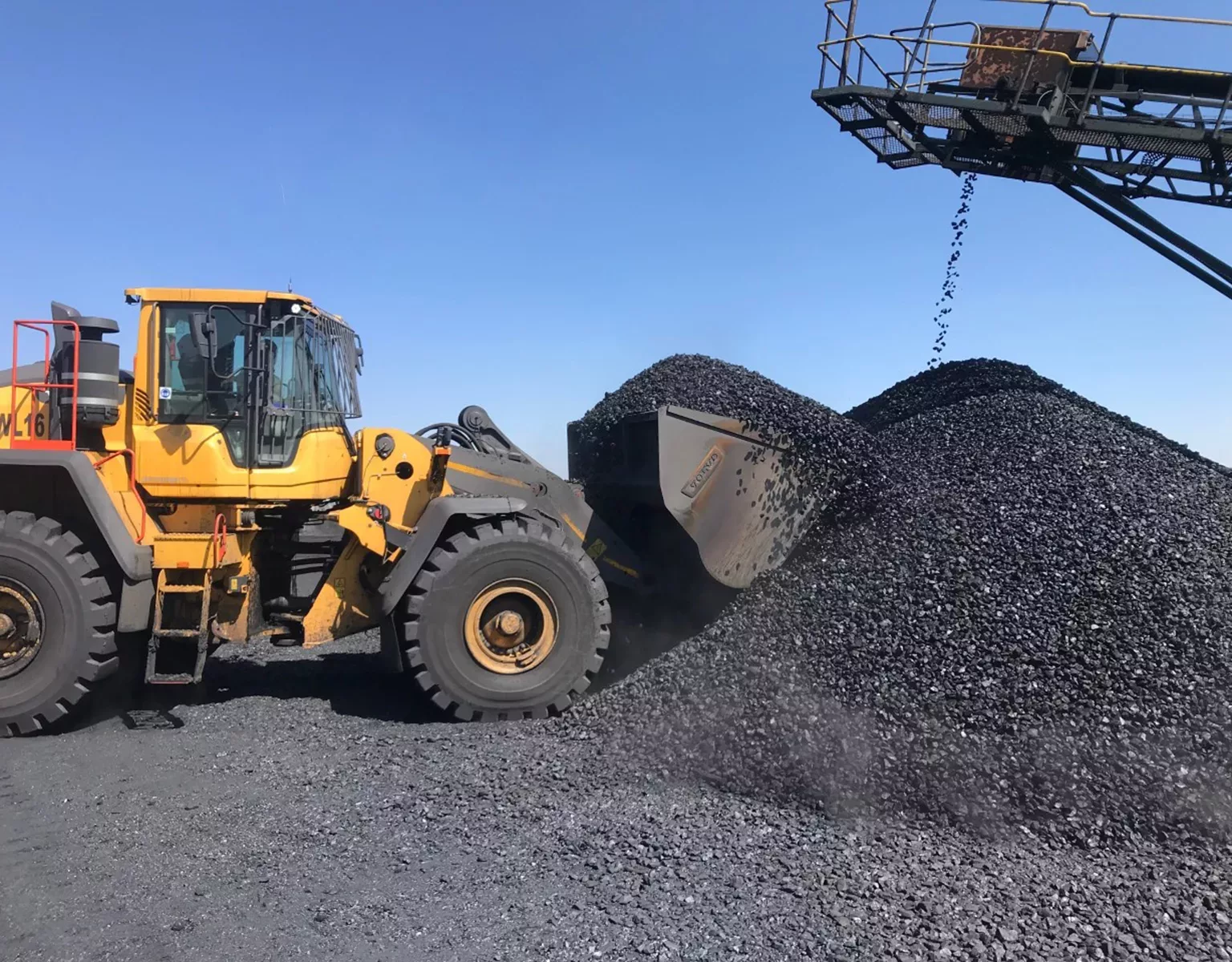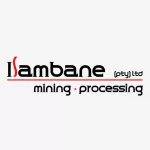As an industry, coal mining is thriving in South African provinces. We extract answers from Yacoob Mansoor, CEO of Msobo Coal.
MINING IN MAJESTIC MPUMALANGA
Buried beneath Africa’s earth is a wealth of natural resources. Hugely valuable and readily extractable commodities, such as coal, make the continent one of the most important places in the world with regard to mining opportunities.
The mining industry has a long history in Africa, with its cornucopia of mineral, metal, and gemstone reserves. In the past, the continent has experienced gold rushes, diamond discoveries, and is currently the world’s third largest coal exporter, with the commodity concentrated in the Mpumalanga province in South Africa.
Coal mining in South Africa has its roots in the late 19th century, occupying a similar timeline to gold mining, and in the same area of Witwatersrand. Coal was extracted in large quantities, close to the nascent gold mines. However, as demand for fossil fuels started to grow, South Africa began to build its industrial future.
Not only is South Africa’s past rooted in coal, but its future is too, as its energy resources are still dominated by the resource. Despite its negative perceptions in the era of climate change, coal remains the most widely used primary fuel on an international scale, accounting for over a third of the world’s total fuel consumption for electricity production.
Major mining countries in Africa include Namibia, Zimbabwe, the Democratic Republic of the Congo (DRC), and South Africa. The latter is home to Msobo Coal, based in the Breyten and Carolina area of Mpumalanga province. This particular location is situated within South Africa’s coal belt, with more than 100 coal mines and a dozen coal-fired plants that punctuate the industrial landscape. In fact, Mpumalanga produces around 80 percent of the country’s entire coal supply.
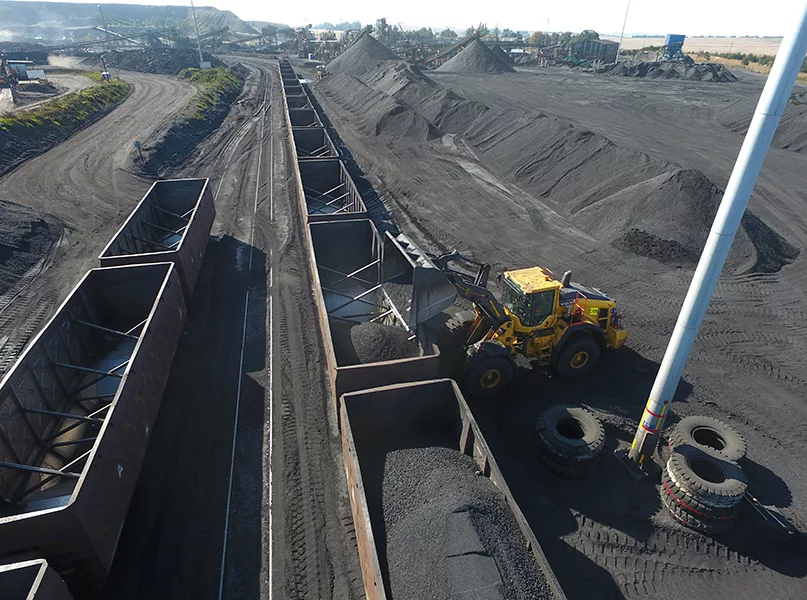
MSOBO IN MPUMALANGA
Around 40 percent of South Africa’s coal is used for power production, and approximately 77 percent of the country’s energy needs are provided by the commodity. It therefore makes sense that South Africa’s largest energy supplier, Eskom, accounted for 38 percent of Msobo Coal’s clientele in the last financial year.
The remainder of the company’s business includes 27 percent export and 34 percent inland, which produces coal for various markets. Msobo Coal owns many assets to accommodate the demand in production.
The clientele breakdown for the export market centres on RB1 and RB2 products (types of coal known for their high thermal content), whereas the inland market is concerned with 5000Kcal, RB1 peas (used for agriculture and generating electricity), nuts, and RB1 low phosphorus small nuts. Finally, Eskom primarily deals with Msobo Coal for the supply of washed middlings with future crush and screen products.
“We have nine opencast and two underground coal mining operations, four coal washing plants and four railway sidings,” begins Yacoob Mansoor, CEO. The sidings can handle 200,000 tonnes of coal per month.
“Coal is transported from the mines to the company’s processing plants. Msobo Coal prides itself on managing all its key operations including its coal washing plants and four sidings,” he adds.
As a qualified geologist, Mansoor joined Middelburg Mine Services in 1994, a neighbouring coal mine located nearby in Mpumalanga province. After working for various opencast and underground coal operations, he was stationed as a senior geologist for Matla Colliery, which was subsequently taken over by Eyesizwe Coal.
Mansoor has a plethora of experience in the mining industry gained from his time spent as a Projects Manager and General Manager with Liketh Investments. Working on coal processing operations until 2021, he was subsequently appointed CEO at Msobo Coal.
Established in 2012, Msobo Coal is headquartered in Breyten within the Msukaligwa Municipality. Its subsidiaries include Northern Coal and Estrapade.
“The mining sector has great potential to expand further and lead the African commodities sector. We need to improve our rail and access to ports in order to take advantage of the current commodities demand in South Africa,” Mansoor informs us.
With six million tonnes of Run-of-Mine (ROM) coal produced annually, the final product is transported to clients using both rail and road, but moving the product by train has not been without issues.
As recently as last year, mining companies in South Africa have resorted to trucking coal to ports to meet a surge in demand in Europe. Due to poor maintenance and a lack of parts for trains, logistics have been disrupted, and as a consequence, coal exports have fallen.
Considering 27 percent of Msobo Coal’s business is exported, the lack of freight rail services has had a significant impact on business, as South Africa is the sixth largest producer of coal in the world.
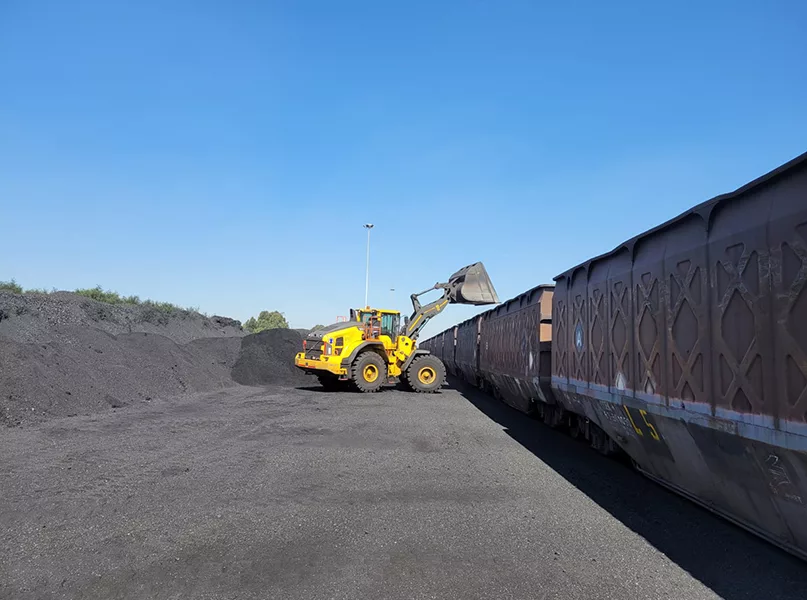
INVESTING IN INDIVIDUALS
With 900 employees and 1,500 contractors, 90 percent of whom are local, Msobo Coal is orientated towards investing in people. In fact, 70 percent of the company is Black-owned, which also includes 33.5 percent women.
In addition, the company offers 52 skills programmes, 74 learnerships, seven university bursaries, and five high school bursaries, alongside more than 23 schools on the Ligbron E-Learning Project.
Skills and development are crucial to the Msobo Coal workforce, ensuring the uplift of livelihoods amongst local communities and employees, providing opportunities to build a future through gaining the necessary knowledge and work readiness programmes.
Msobo Coal’s partnership with the Department of Basic Education is designed to achieve the goal of educational outcomes for learners in the community. Msobo Coal also provides financial support to the needs of students and educators of the local Adult Basic Education and Training (ABET) Centres, which support adult education in South Africa and enable adult learners to gain new skills, knowledge and attitudes.
“Our employees have been empowered to manage and take ownership of their area of responsibility. More than 85 percent of our employees are from the local communities around our mining operations.
“We continue to support and invest in our local schools, small, medium, and micro enterprises (SMMEs) and community projects,” Mansoor says proudly.
In addition to the learnerships and internship programmes, there are bursaries and other education programmes available which are designed to assist employees beyond the life of a mine. The employees can enjoy individual career development programmes. Moreover, it is not only employees which benefit from such schemes but also members of host communities.
“Our employees are incentivised with both safety and production bonuses; we also have seasonal safety programmes in place that reward employees for achieving zero accidents or incidents.
“Training is an ongoing process at the operational level, and we offer bursaries to our employees so they can further upskill themselves to fill vacancies within the company,” outlines Mansoor.
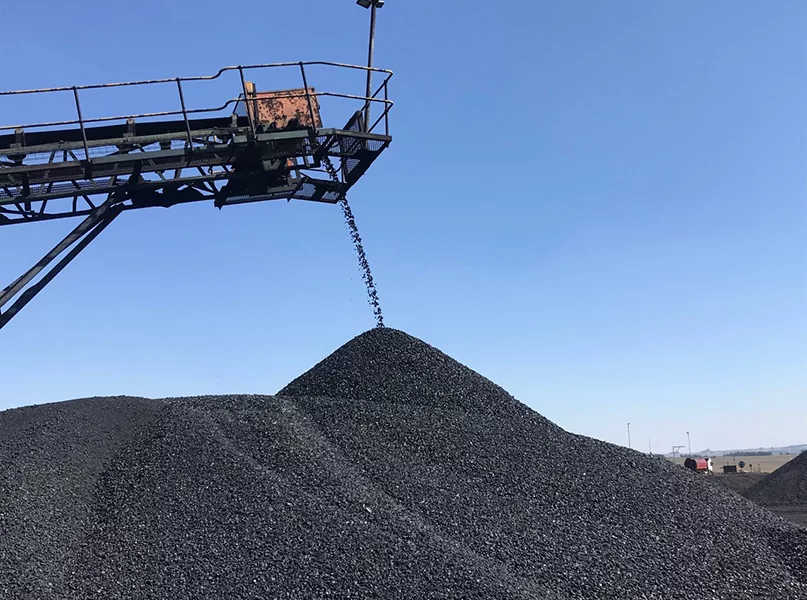
RESPONSIBLE MINING PRACTICES
The pressure is building on the mining industry to practice more environmentally and socially responsible methods.
As the world moves towards green energy, and with coal accounting for around 50 percent of the global mining market, South Africa is the biggest centre of mining activity on the African continent, therefore the future of mining practices is seen as a guide for the broader African industry.
Choosing mining pit locations in relation to geology and the environment requires experience and knowledge based on geological reports with mine planning and scheduling. Known as geologic mapping, it is an important task in exploration.
“Once these are found to be economically sound, we then apply for all the necessary licenses for environmental approvals and water use. Once these are received, mining operations are planned and commenced. Any area that is sensitive in terms of the environment is not considered for mining. Areas that are mined are fully rehabilitated and restored back for the commercial agricultural sector,” Mansoor explains.
To conduct mining operations in South Africa, a mining permit from the Department of Mineral Resources and Energy (DMRE) is required. This is to promote environmental sustainability as well as economic growth and development, and social equity.
Coal has entered a new phase of abatement and as such, up to 99 percent of all coal emissions will be eliminated through technologies and processes. Therefore, mine rehabilitation is an important restoration process to ensure a site is safe and stable for future use after mining activity.
“We have rehabilitated in excess of 1,181 hectares (ha) and seeded in excess of 581 ha in the last three years. Our social initiatives are working with the local SMMEs, as well as schools and local municipalities in providing infrastructure for sustainable projects,” he adds.
“We have managed to procure more fuel-efficient front-end loaders and dozers and will continue to replace older machines for more fuel-efficient models”
Yacoob Mansoor, CEO, Msobo Coal
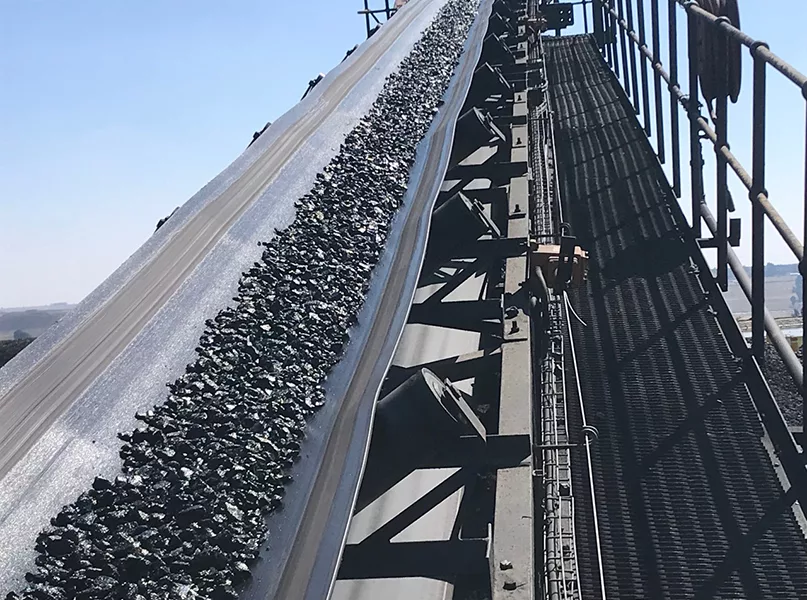
PLANTS AND PROJECTS
Earlier this year, Msobo Coal completed the expansion of the Spizkop processing plant to handle 180,000 ROM tonnes. It includes a spiral section as well as fines recovery with two new filter presses installed.
However, Mansoor is looking to the year ahead. “We have managed to procure more fuel-efficient front-end loaders and dozers and will continue to replace older machines with more fuel-efficient models.”
Alongside mining activities, Msobo Coal is involved in more society-based ventures. By immersing itself in community projects, the company is involved in the KwaChibikhulu Thusong Service Centre, which has a multi-purpose community hall and a library staffed by Msukaligwa Municipality employees. The project was handed over to the community in April 2021 as a social and labour plan (SLP), at a cost of R10.07 million.
“The building will provide a base for the community to launch various development programmes and projects,” states Mansoor.
Another worthy project that Msobo Coal was a party to was delivering 7,213 textbooks to Masizakhe Secondary school, and in late 2022 the company partnered with Gert Sibande District Municipality to resurface the Breyten roads.
The thought process behind donating stationery to community learning centre (CLCs), in the Gert Sibande District, is to assist students in gaining their Grade 12 senior certificate.
Msobo Coal wants to encourage youths to return to school because there is a strong possibility of employment at its mines after completing the grade. It was an initiative started by the company after noticing the level of poverty and illiteracy in the townships of the Gert Sibande District.
The mine also has a programme in place where it awards bursaries to deserving students who have completed studies at the various CLCs. The aim is to motivate students to work in the mining industry.
The initiative assists students from the disadvantaged Breyten community with a full bursary which includes fees, hostel uniform, and stationery. “We currently have five students from grade eight to grade 12 on the Ligbron Learner Support,” notes Mansoor.
Msobo Coal’s continuous drive to develop local businesses is evidenced in its management training and mentoring, alongside supporting emerging farmers with seeds and machinery. The company not only invests in its employees, but it cares about its local communities too.
